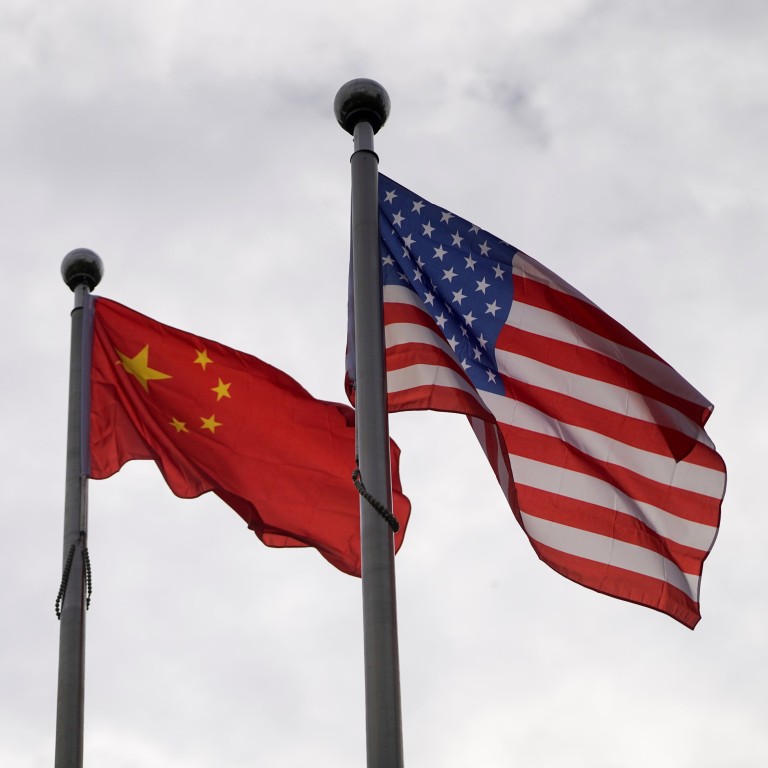
China has taken advantage of trade and human rights ‘delinking’ 20 years ago, say US lawmakers
- Washington gave Beijing a ‘blank check’ that led to big business prospering at the expense of small companies and American workers, says Speaker Nancy Pelosi
- Developments in Hong Kong, Taiwan, Tibet and Xinjiang are cited as examples of China’s suppression of human rights
Two decades of including China in international institutions and “delinking trade from human rights” has failed to improve the bilateral trade relationship or China’s suppression of rights, US lawmakers said on Tuesday.
“The hope some held on to that China’s inclusion in global institutions would be accompanied by improvements in human rights has met the harsh reality,” said Senator Jeff Merkley, a Democrat from Oregon and co-chair of the Congressional-Executive Commission on China (CECC).
Citing various developments in Hong Kong, Taiwan, Tibet and Xinjiang, Representative Tom Suozzi, a Democrat from New York and CECC commissioner, said Chinese human rights in 2022 “couldn’t be worse than they are”.
The CECC currently comprises nine US senators and nine members of the House of Representatives, and – for the first time since 2014 – members of the presidential administration, for a total of 23 commissioners.
Addressing the bipartisan commission on Tuesday, House Speaker Nancy Pelosi said that in its optimism about China’s ability to reform, the US government had given Beijing a “blank check” that led to big business prospering at the expense of small businesses and American workers.
“Delinking trade and human rights has not improved our trade relationship,” said Pelosi, who decades ago opposed both China’s admittance into the WTO and its being granted “most favoured nation” trade status.
US should expand Hong Kong sanctions to mid-tier officials, panel is told
The year that China joined the WTO, which was contingent on it making liberalising reforms, the US gave it permanent “most favoured nation” status, which was a controversial move.
Five years later, then-deputy secretary of state Robert Zoellick famously argued that deepening trade ties with China, and bringing it further into the international system, would make Beijing a “responsible stakeholder”.
Testifying before the commission on Tuesday, Sophie Richardson, China director at Human Rights Watch, said Beijing was actively working to dilute the United Nations’ human rights system.
“At the time this commission was formed, Beijing was content to merely try to block scrutiny of China within the UN human rights system,” she said. “Two decades later, Beijing aspires to remake it.”
In October, the UN Human Rights Council rejected a motion to hold a debate on alleged rights abuses against Uygurs and other ethnic minorities in the Xinjiang Uygur autonomous region.
Rana Siu Inboden, a senior fellow at the University of Texas at Austin and another witness on Tuesday’s panel, attributed this partly to the lack of a strong US presence on the UN council, which she says allowed China to “co-opt” the body and “secure passage of resolutions that defends dictators instead of human rights victims”.

